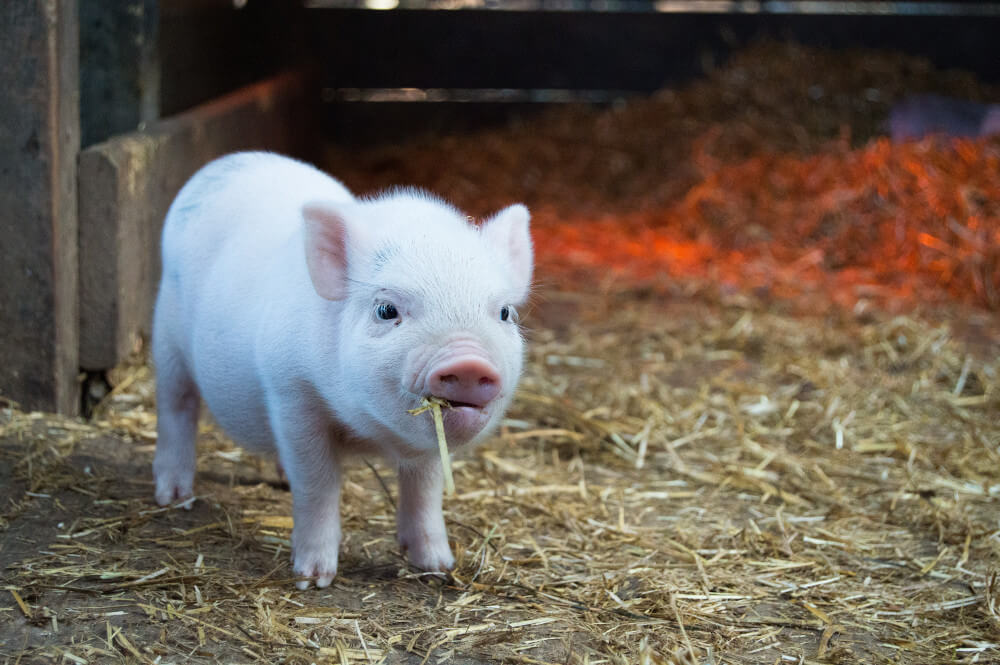In a landmark victory for animals, The Humane Society of the United States (HSUS) has gathered more than 600,000 signatures in California for the Prevent Cruelty California measure, nearly double the 365,000 signatures needed in order to introduce a ballot measure. Should the measure pass, it would become the strongest protection against farm animal confinement in the world.
The legislation would prohibit the confinement of egg-laying hens, pigs used for breeding, and calves raised for veal in highly restrictive crates and cages until slaughter. Eggs, pork, and veal produced elsewhere but sold in the state of California would also be required to meet the same standards.
“[The law’s] passage will produce dramatically better outcomes for millions of animals, establishing a bright-line legal standard that cage confinement is forbidden,” said Kitty Block, President and CEO of HSUS.

Breeding pigs, egg-laying hens, and veal calves are among the most-abused animals in the factory farming industry. Current standards restrict mother pigs to gestation crates two-feet-wide metal stalls that force the pig to lay on her side for practically her entire life. The psychological effects of being confined to a gestation crate often manifest in the form of harmful behaviors such as chewing on the bars, swaying heads back and forth, and other forms of stereotypic zoochosis behavior. The vast majority of egg-laying hens in the United States spend their lives in cages so small they are unable to spread their wings and are denied the space for natural, healthy behaviors like nesting, perching, and dustbathing. The majority of veal calves spend their short, 16-week-long lives tethered by the neck in spaces so small that they are also unable to turn around.
“Gathering so many signatures in a short period of time is an incredible feat. I’d like to offer a heartfelt thanks to the volunteers who spent their evenings and weekends gathering in their communities … They are the bedrock of this campaign” said Block. “It’s even more gratifying to know that California voters met their hard work with enthusiastic support by signing their petitions in such large numbers. Californians have shown time and time again that they want commonsense protections for animals.”
Volunteers have helped HSUS achieve a milestone; a tangible representation of how the public perception of factory farming is changing. According to a recent survey, 70 percent of individuals believe that the way factory farmed pigs are treated is unethical and nearly 50 percent of Americans support a ban on factory farms. Eligible California voters will vote on the measure in November.


